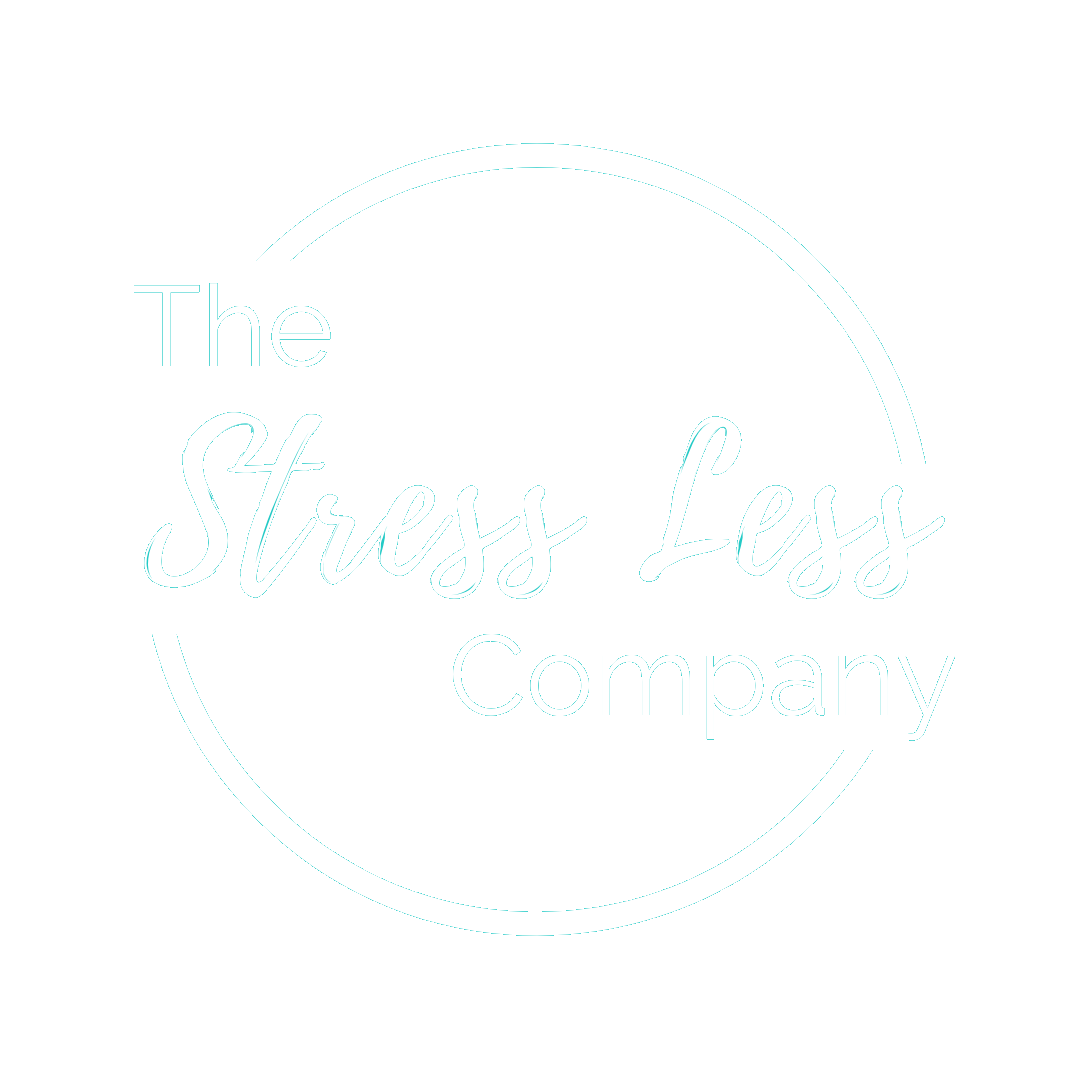On the go? Listen to The Stress Less Show as a Podcast!
Is budgeting a scary word for you? It can be for a lot of us, don’t worry! We may know deep down that we should have one, but actually getting ourselves in the mindset to start a budget isn’t always that simple. But budgeting doesn’t have to be a scary thing and the reality is that a budget can make a world of difference in what our financial futures look like. That is why I brought on founder of Financial Bondage Broken, Clyrese Minor, to break down budgeting and share how powerful it can truly be.
Clyrese’s own story with her finances probably sounds like many of us out there. Before getting married and starting her business, she was a Certified Nursing Assistant and a single parent living paycheck to paycheck for years until she realized just how much her and her son’s habit of getting takeout was costing her.
“When I realized how much money I was spending on just breakfast alone, it really upset me because I was wasting so much money [when] I could have been doing things that I really wanted to do… I was upset because there was nothing to show for [it].”
After this realization sunk in, she changed the way she approached her finances, adjusted her lifestyle and created a budget that worked for her. These changes enabled her to save thousands of dollars in months and put her on her path of not only creating a healthier future for herself but also helping others do the same now with her company.
Read on to get Clyrese’s tips on how to start changing the way you approach budgeting so that you can create a more prosperous future.
Tip #1: Budgeting is your friend not your enemy.
As scary as budgeting may seem to some of us out there, Clyrese’s first tip is to pause and remember that we don’t need to be afraid or intimidated by a budget.
“[A budget] is a tool that we use to see where our money is going.”
Budgets are there to support us and give us control and peace of mind around our finances and with so many free budgeting apps and software out there these days, it has never been easier to get started. By using an app like Mint or YNAB or even just creating a simple spreadsheet, we take the first step towards actually accomplishing our financial goals as we get a clear understanding of where our money is going today.
“You want to know where every penny is going out. So you can allocate it where you want it to go”
Tip #2: Balance a checkbook
In today’s world, it can be so easy to spend money without thinking. All it takes is a click of a button or a swipe of a card. However, once we begin to start using a budget to track how our money is flowing in and out of our lives, Clyrese’s next tip is to take a more proactive approach in our spending habits.
“If you're relying on just the bank to tell you where to find your funds are going to, then that's how you can easily slip into overdraft fees.”
Balancing a checkbook may seem like a daunting task in today’s world, but the act of understanding where our money is coming in and out can help us begin to allocate our money in more strategic ways. From there, we can better identify the steps we truly need to take in order to reach our financial goals and create a plan forward.
“If you have to get a second job just to get your finances in order, then do so. But have a plan as to how long you're going to be there, what is it going to be used for, and how much you want to save.”
Tip #3: Practice reciprocity and give
Finally, Clyrese’s last tip refers to the law of reciprocity. While we often place our focus on all of the ways we can make money, Clyrese highlights the power of giving money. As we grow more willing to find ways to give back to our communities and those in need, the more we can trust that money to be returned to us elsewhere.
“It will come back to you if you believe that it will. But if you have doubts, then you might as well just keep your money in your pocket. Because it doesn't work like that.”
When we give from a place of positivity and abundance, we open ourselves up for the possibility of a more abundant future.
—
Also, consider a rewards credit card for your everyday spending — like cash back and travel rewards. You could easily use a credit card to earn cashback or travel rewards. The key to making the most out of card options available today is using them for purchases you can afford to pay off and paying your bill in full every month.
